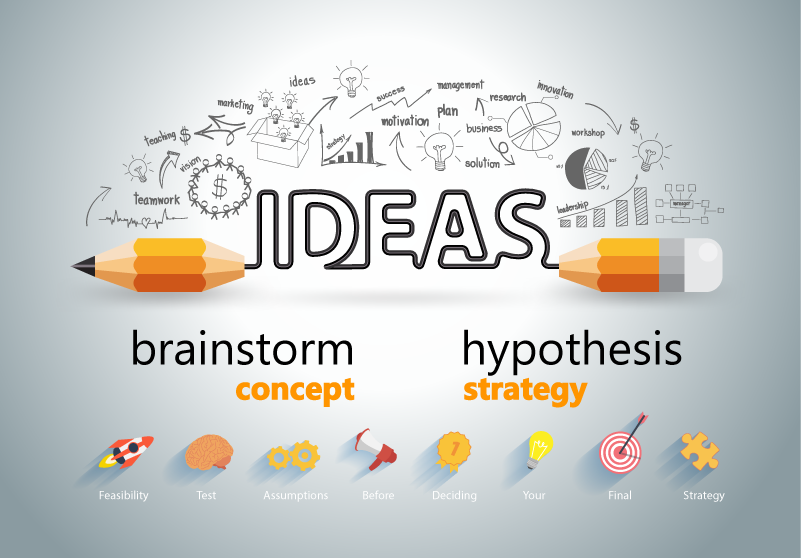What Makes Good Strategy?
Four important strategy tests
by Jak Carroll, Strategic Sport Solutions
“𝘈 𝘨𝘰𝘰𝘥 𝘴𝘵𝘳𝘢𝘵𝘦𝘨𝘺 𝘪𝘴 ... 𝘢 𝘩𝘺𝘱𝘰𝘵𝘩𝘦𝘴𝘪𝘴 𝘢𝘣𝘰𝘶𝘵 𝘸𝘩𝘢𝘵 𝘸𝘪𝘭𝘭 𝘸𝘰𝘳𝘬. 𝘕𝘰𝘵 𝘢 𝘸𝘪𝘭𝘥 𝘵𝘩𝘦𝘰𝘳𝘺 𝘣𝘶𝘵 𝘢𝘯 𝘦𝘥𝘶𝘤𝘢𝘵𝘦𝘥 𝘫𝘶𝘥𝘨𝘦𝘮𝘦𝘯𝘵.” Richard Rumelt*
As Rumelt suggests, a strategy is not a guess, it is an informed decision. It is a decision based on prior experience, knowledge of the industry, knowledge of competitors and knowledge of customers.
While anyone can come up with strategy ideas, how should you decide on which strategy ideas to pursue?
Importantly, a strategy should be tested before it is implemented. What are the assumptions on which the strategy is based? What will happen if it works as hoped? What will happen if it doesn’t work?
Four useful tests are the value, execution, scale, and imitation tests:
1. Does it create value for our stakeholders?
2. Do we have the capabilities and resources to successfully execute this?
3. Are we able to do this at the scale needed for success?
4. To what degree could our major competitors imitate this strategy?
Once you have tested the strategy and it seems robust and sound, then it is time to execute the strategy. Those organisations that skip the crucial testing step are merely engaging in wishful thinking!
* From “Good Strategy, Bad Strategy”
Does your organisation need some help with planning or governance? Jak Carroll has extensive experience in the sport industry including consulting to organisations and conducting training sessions. If you are interested in some quick advice or having Jak work with you on your next project, please click here.

